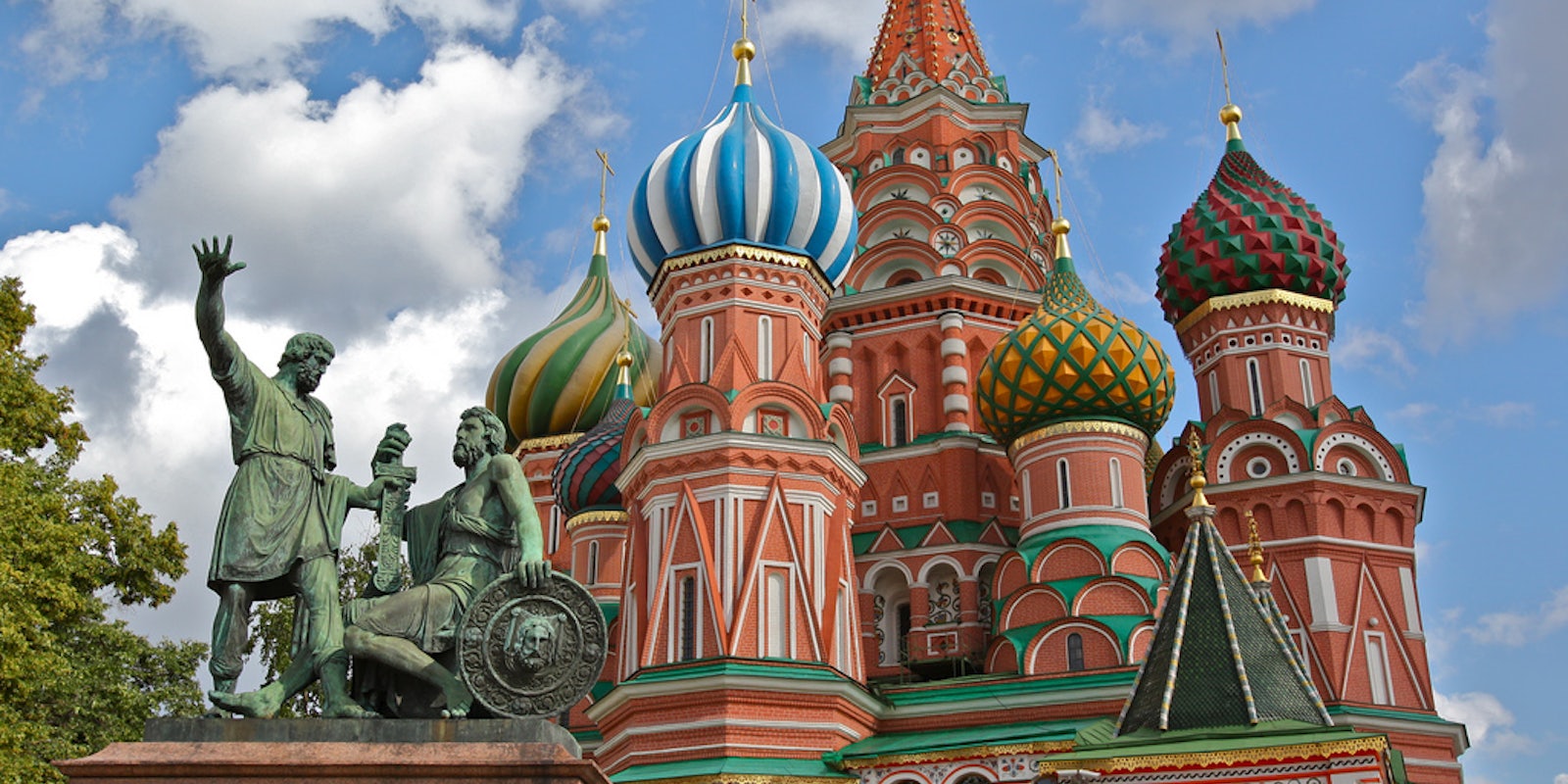An entire Russian region will soon launch a vast experiment in Internet censorship.
Under the proposal, the Kostroma regional government would ban all sites that aren’t approved by government-approved “experts,” and would require citizens who want to visit porn sites to first register their personal information with a local Internet service provider.
The experiment is a joint effort between the Kostroma government and something that sounds like a rejected name for a cyber-supervillain cabal: the “League of Safe Internet,” an NGO that has strong ties to the government and the Russian Orthodox Church.
A league representative explained the idea behind the censorship experiment to a Russian reporter (translation provided by Global Voices):
Users from the tested region will only be able to access those web-pages and sites that were verified by league experts.
Called the “Clean Internet,” the plan is essentially a far more robust version of Russia’s infamous Internet blacklist law, which gives the government the right to block any site it says is harmful to children. The difference is that the Kostroma experiment would “whitelist” sites, meaning that every Web site in the world would essentially be guilty until proven innocent. Anyone who wants to add their site to the whitelist will have to file a request at the league’s website, then wait for censors to approve it. That’s obviously quite a hurdle for any foreign site operator, or any site running mildly controversial content.
If you want to access a site that’s not a part of the league’s “clean Internet,” you’ll first be met with a warning similar to what’s pasted on cigarette labels in the United States: Unclean websites can be harmful. You’ll then have to hand over your personal information.
The whitelist includes about 500,000 sites right now (we’re guessing that includes every government domain and state-friendly press agency). The experiment will run from February to April, and League reps say the number of whitelisted sites should hit 1 million by its conclusion. That would leave roughly 629,795,511 to await the league’s approval.
Photo by jurvetson/Flickr
